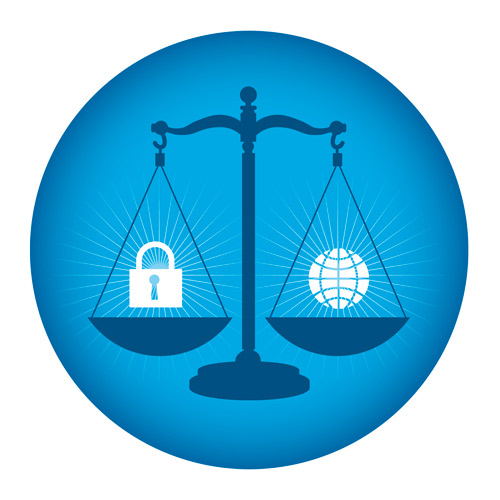Thirteen Reasons Why, by Jay Asher
(You can read the entire article here) By Erin McIntyre
A School District 51 official ordered school librarians to remove a controversial book from circulation last month, a move that circumvented the district’s traditional process for reviewing such materials and raised concerns about censorship.
“Due to recent events and media attention on the Netflix movie 13 Reasons Why, I am going to have this book temporarily removed from any kind of check out,” wrote Leigh Grasso, the district’s executive director of academic achievement and growth, in an email sent to librarians on April 28.
The order to remove the book “Thirteen Reasons Why,” which was the basis for the Netflix series, from circulation came even though no official challenges to the book were received. It was reversed later the same day after librarians urged administrators to follow the district’s process for considering challenged materials.
Grasso’s order came after at least seven district students have killed themselves since the beginning of the school year, most recently affecting Fruita Monument and Palisade high schools. According to emails obtained by The Daily Sentinel through a Colorado Open Records Act request, Grasso instructed the district’s cataloguing specialist to tell school librarians who had the book in their school libraries to remove it from circulation, which was met with opposition. Some of the librarians responded that they didn’t feel the action was appropriate, and they cited differences between the Netflix series and the book in their responses.
“There is a formal, board approved process to challenge books in our district, and I believe it is our duty to follow that process, because censorship is a slippery slope,” wrote one high school librarian, who also noted that the book has been popular since it was published in 2007 and many students had already read it long before the Netflix series debuted.
Continue reading District official ordered “Thirteen Reasons Why”removed





